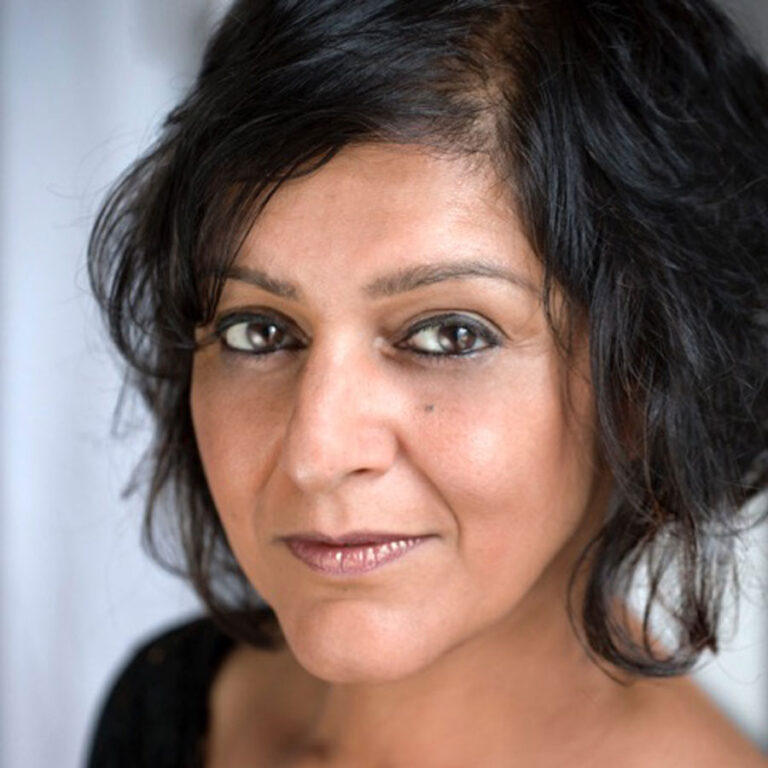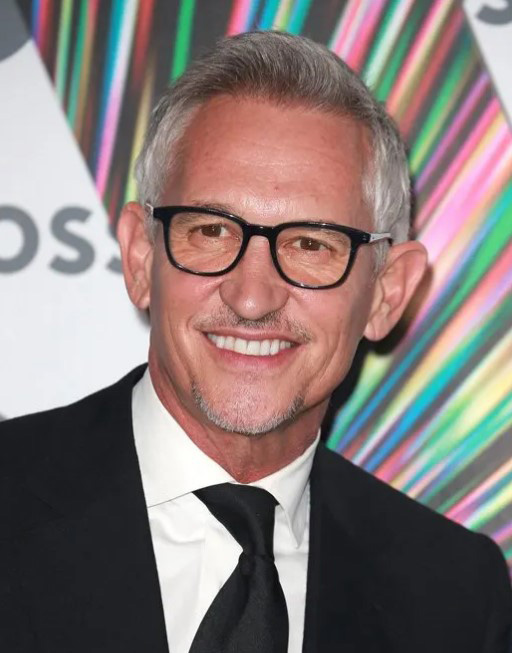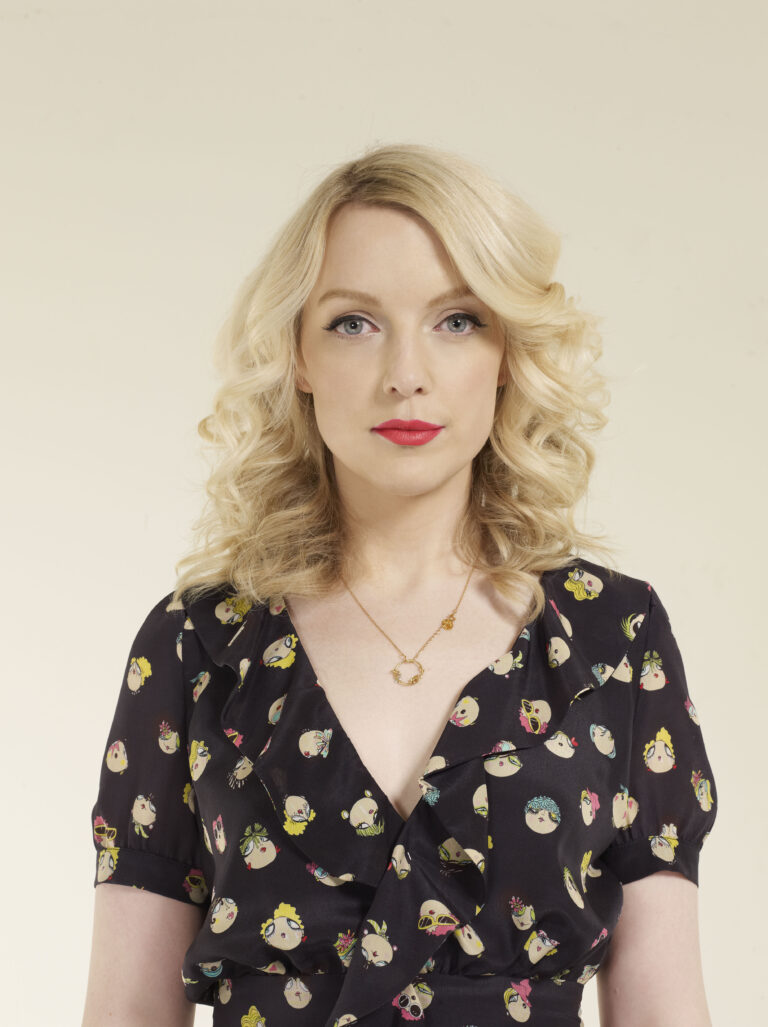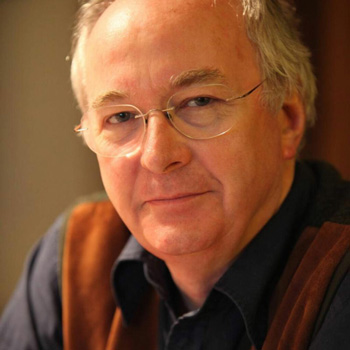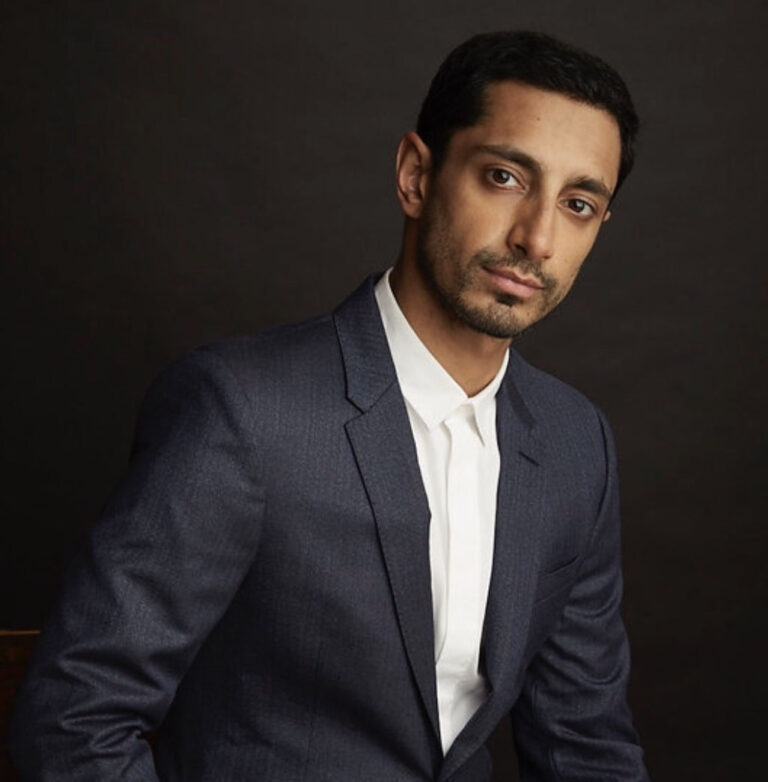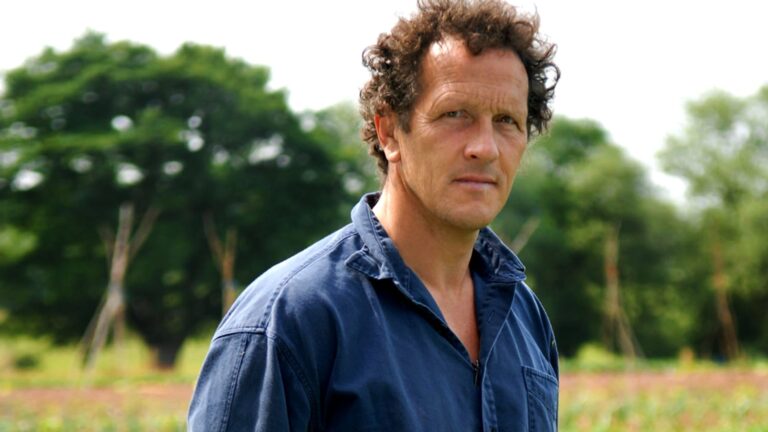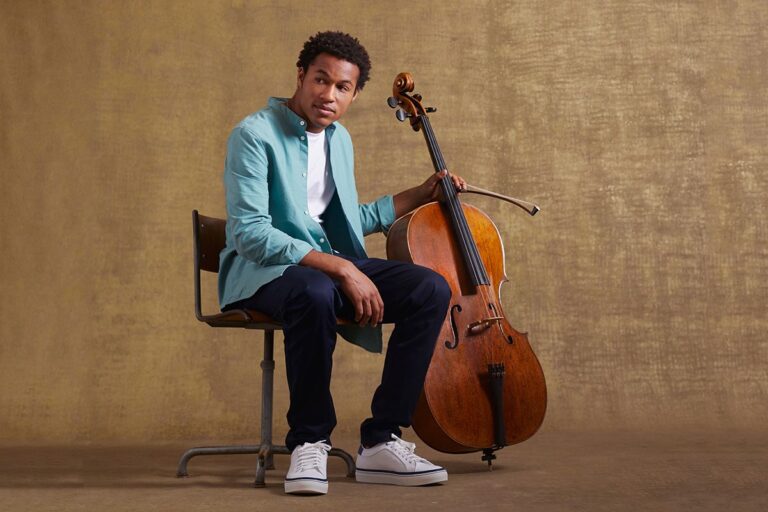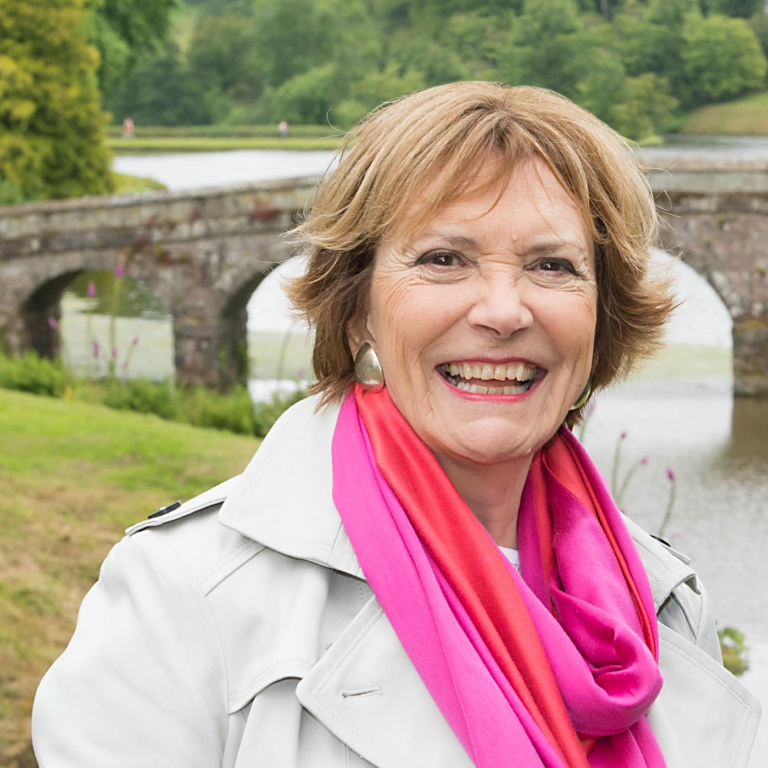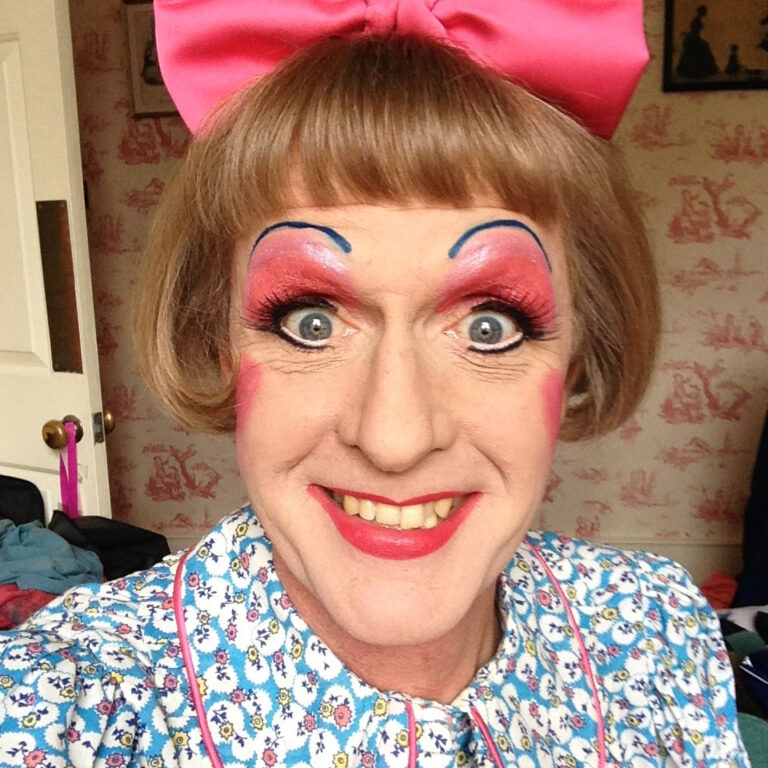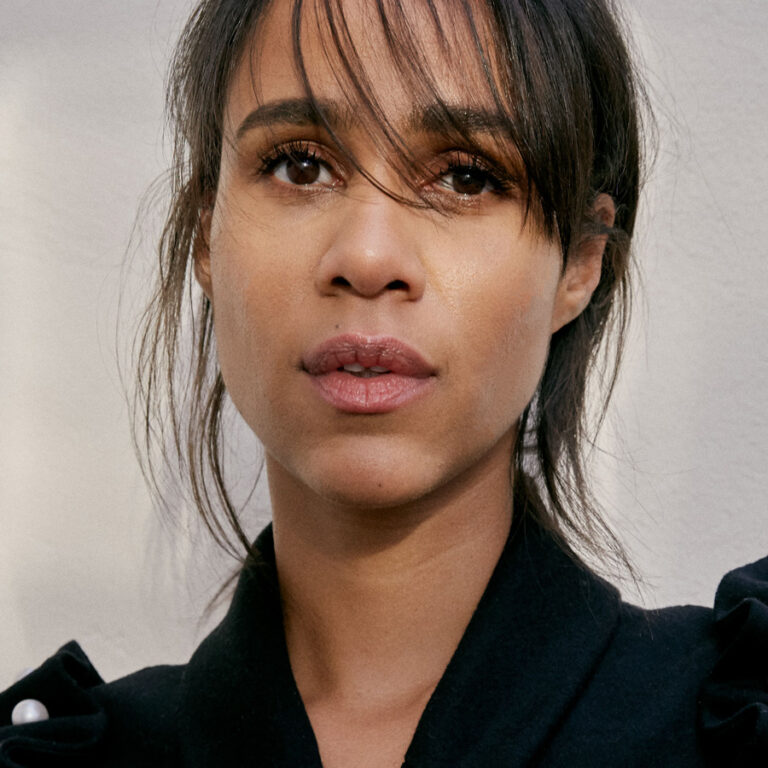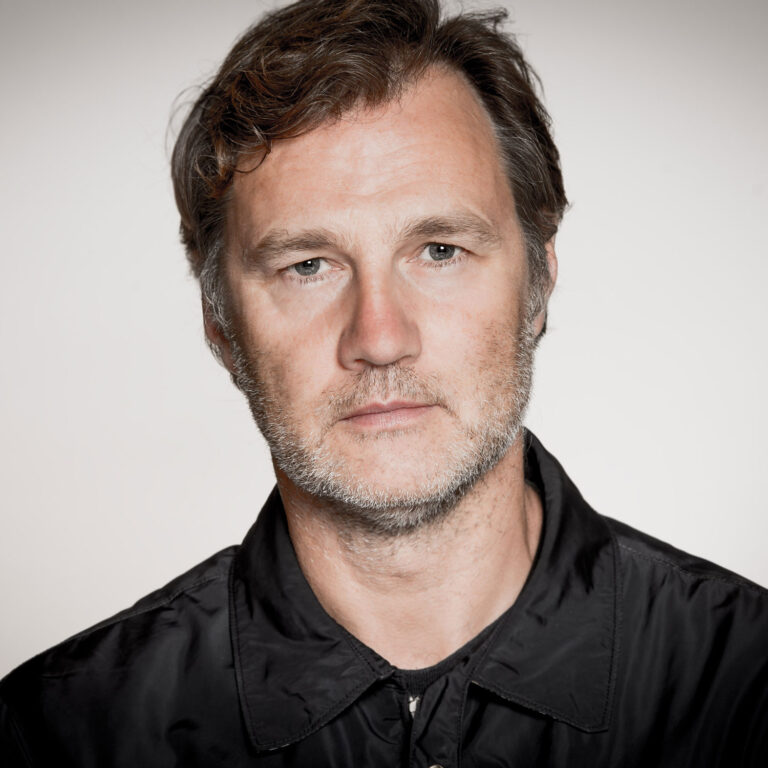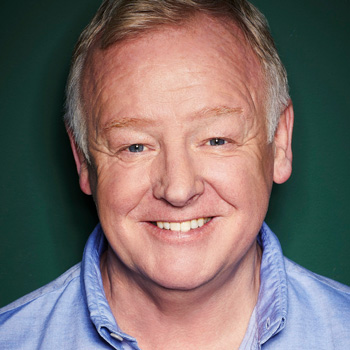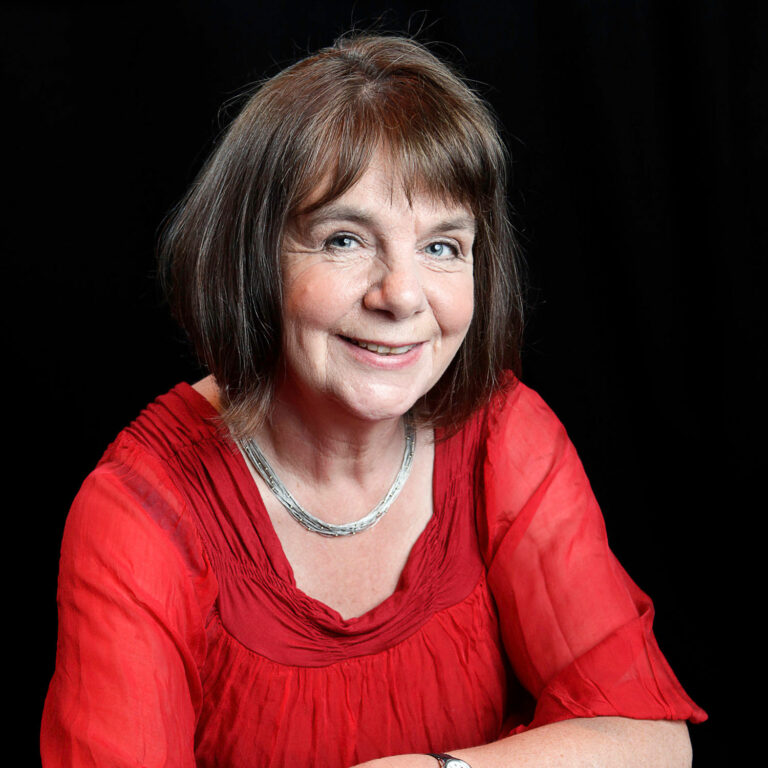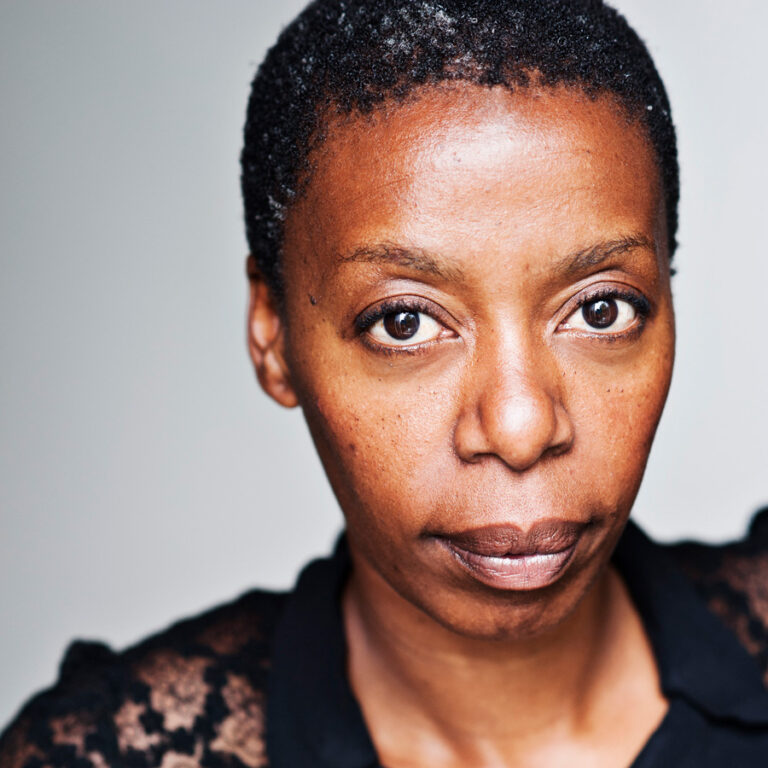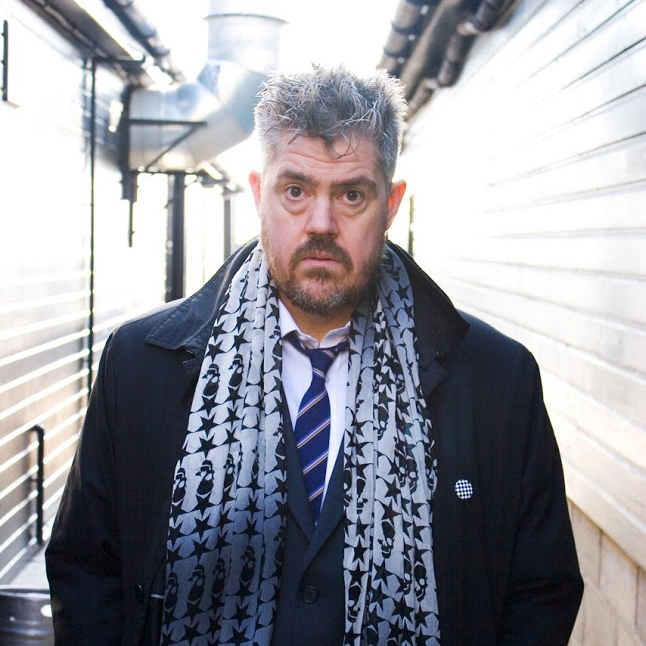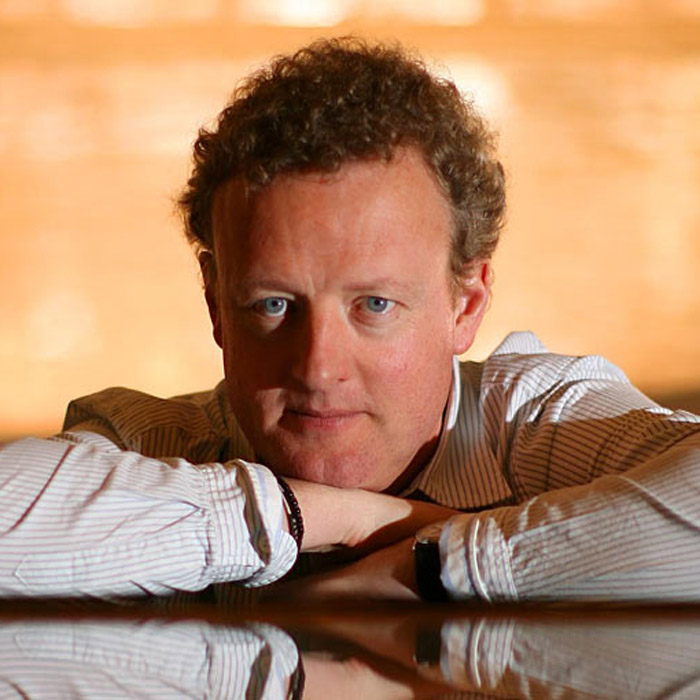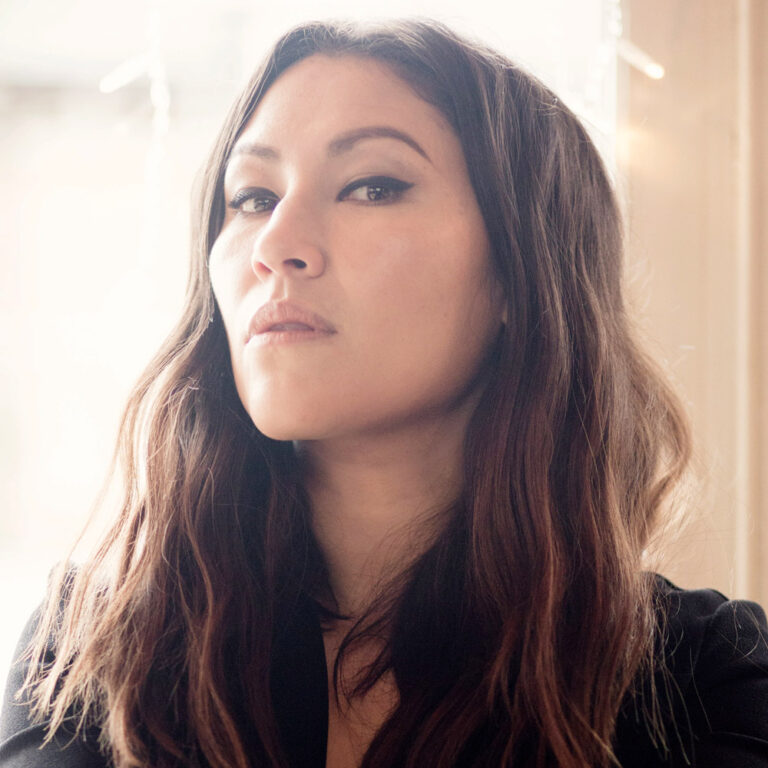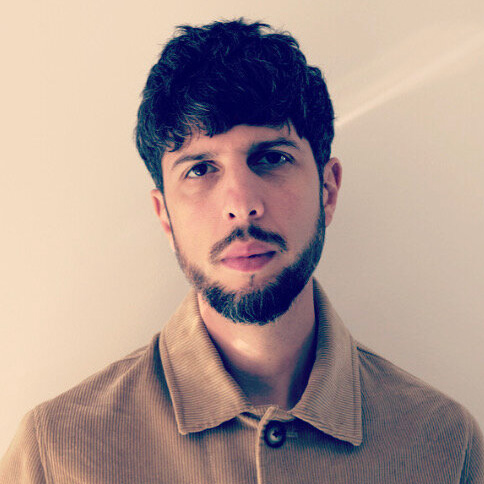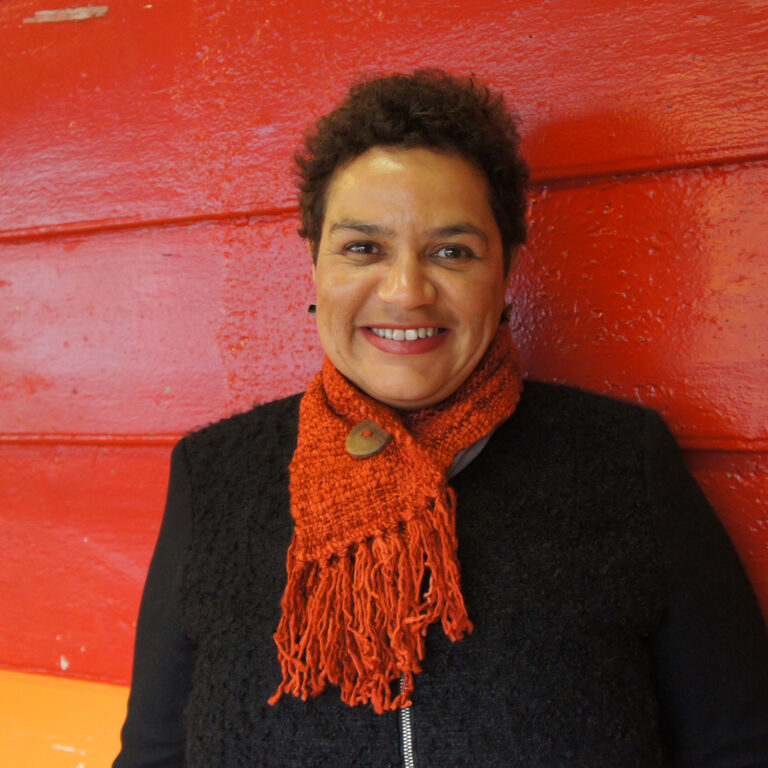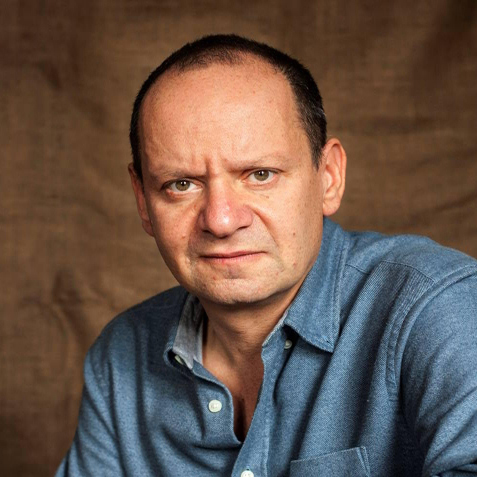Lee Hall
Playwright, screenwriter and lyricist
Supporter of Campaign for the Arts
“
Art is for everybody. Everybody is creative. Everybody is moved, astonished, consoled or galvanised by some tune, image, words, that have brought profound meaning to our lives. Art is as crucial to being fully alive as any physical sustenance. It is vital to our understanding of ourselves, of others, the world around us, how we live and how we die. It has been this way since we dwelled in caves and sat around campfires at night to reimagine the day.
Yet somehow we find ourselves excluded from our own heritage. Millions of us have no proper access. Millions have had it stolen from them by believing ‘it is not for them’. But this is our common inheritance, made rich and sustained by every person who takes part in it.
It is essential that we are all able to share what it is to be alive, to take account of the things that money, politics, community or commerce can’t provide. It is essential to take part in the greatest things that human beings have thought or made. Essential to be part of that vast flow of human creativity which defines who we are and enables us to conjure where we might go next. Without access to that understanding, whatever our fiscal achievements, we are very poor indeed.
Economically, spiritually, intellectually the Arts have always been a place of transformation. They magic something out of nothing, value out of thin air. They inspire – breathe life. Since the beginning of recorded time (very often they are that recorded time) they have renewed us, celebrated our greatest glories, chastened our egregious stupidities and made consolation when we reach our limits.
The last sixty years has seen an incredible age in all of the Arts. British culture in Art, Music, Dance, Film, Theatre and Literature has been the envy of the world. These achievements have been recognised world wide. They have provided work for millions of people, brought vast wealth to the exchequer, and have touched and transformed the life of all of us. This was not by accident. It was by design. A generation of politicians, business people and civil servants made a modest provision for the Arts, and access to them, a central to the vision of the Welfare State, and what we wanted our lives to be. The Arts here have flourished, really like nowhere else, because we have funded education, seeded small bits of money to allow people to find their feet, backed profound creativity, innovation and vision in order that it can flourish and enrich us all. It has been phenomenally successful: a patronage by the many, for the many, and none of us has remained untouched by the tsumani of creativity it has unleashed.
But this second Elizabethan Age is truly under threat. Somehow we have forgotten how this happened. We are in huge danger of taking it for granted. Already the planks have been taken away. Unless we continue to nurture, unless we continue to understand that a rich culture is created by us providing what the market cannot – in order for the market to lend its own support – it will dry up at the source.
We cannot afford to neglect the Arts. There has rarely been a time in recent history where it has been as important to understand each other, to share with each other the intimacies that class, creed, race or religion make opaque, and to find an expression of what we have in common despite all our differences. Art is that place. We neglect it at our peril.
It is a gift that we must keep giving.
”

Our supporters include
There are no results matching your search

